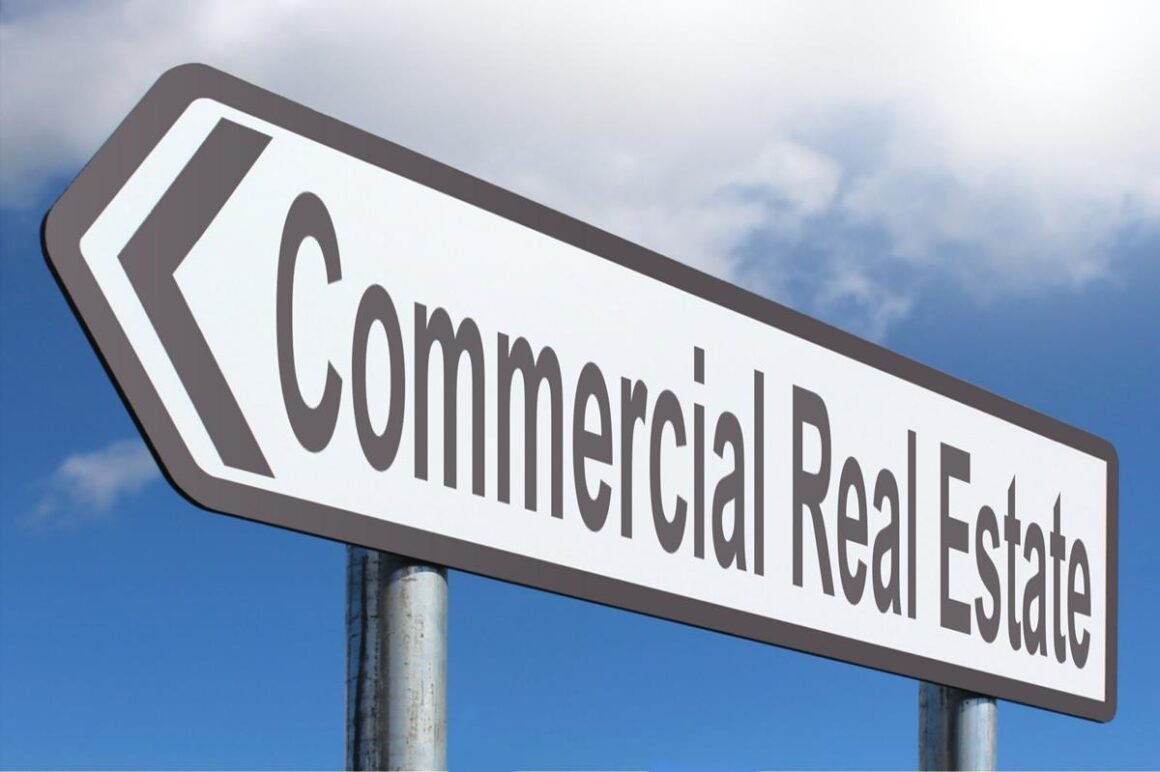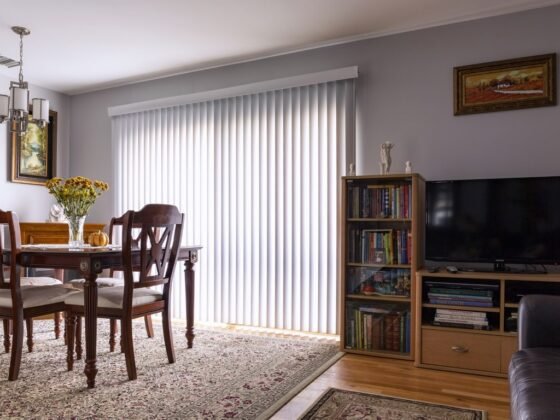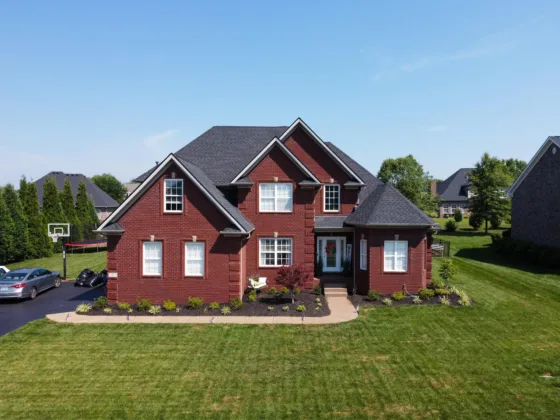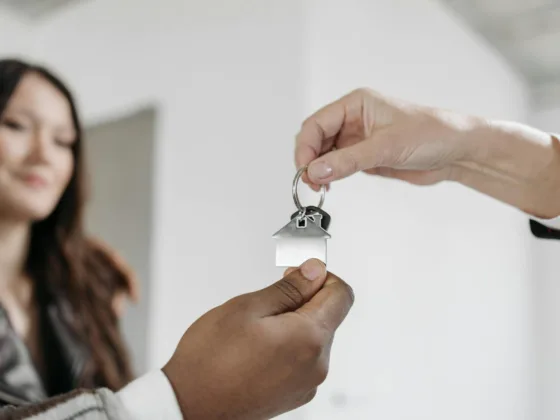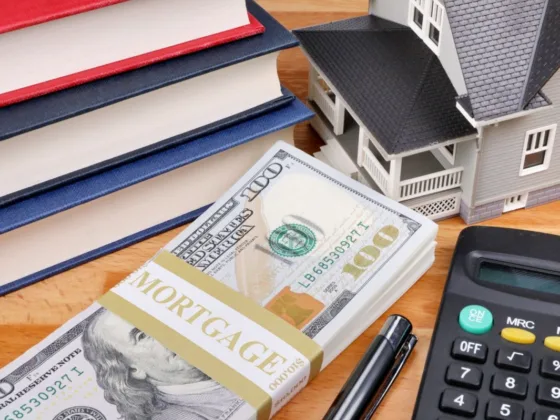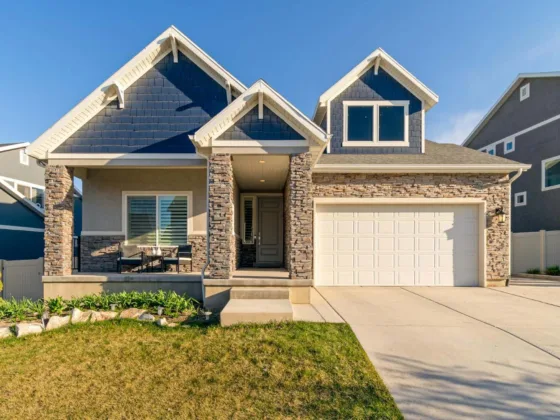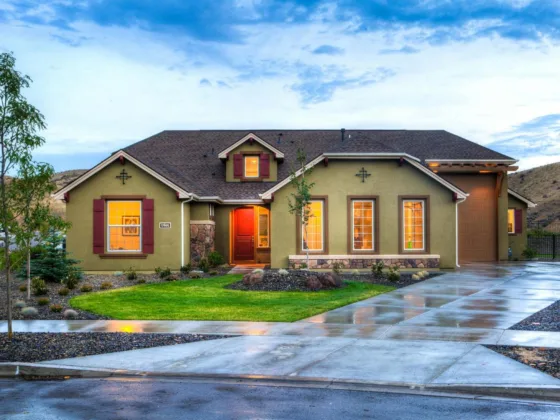Table of Contents Show
Interested in owning commercial real estate? If you’re thinking of buying commercial property, it isn’t like buying a home.
You’ll recognize some elements whereas others you’ll find completely unfamiliar.
The key to landing your first profitable piece of real estate is education. When you’re ready to learn what it takes to avoid the traps most first-time investors fall for, read on.
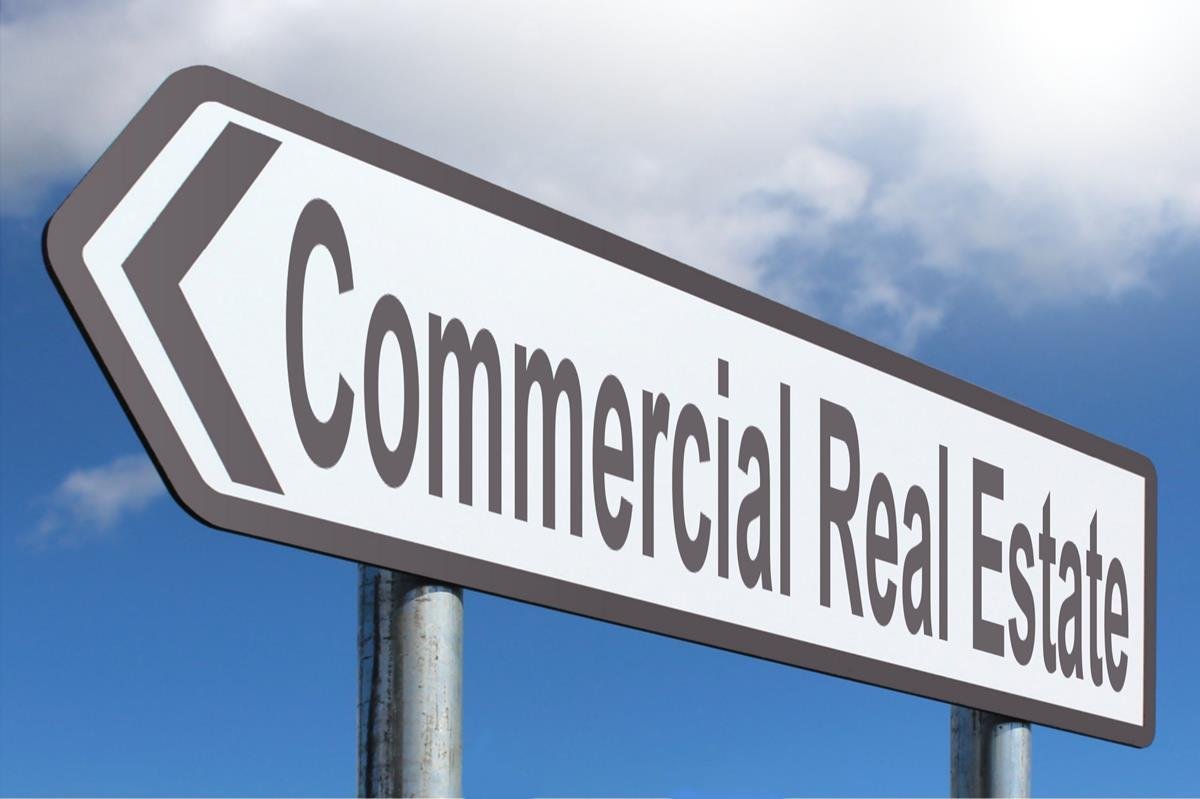
What is Commercial Property
Commercial property is a piece of real estate that’s used for business activities. Houses are usually excluded from the list, even if you purchase them with the sole intent of renting them out. They fall into a special subcategory, rental properties.
When you hear the words commercial, think apartment buildings, warehouses, and office buildings. Here are a few more:
- Hotels
- Shopping centers
- Churches
- Restaurants
- Office buildings
- Etc.
A house is rarely thought of as a commercial business. That’s true even if you buy it with the sole intent of renting it out.
Read Also:
Owning Commercial Real Estate Vs. Residential Real Estate
So, if houses don’t fall under commercial real estate, then what are they? Houses fall under the residential real estate category.
- Condominiums
- Townhomes
- Cooperatives
- Single-family dwellings
- Multi-family dwellings
Zoning laws restrict the type of buildings that a developer may use in a particular part of town.
Those same zoning laws say that an apartment may count as a residential property only if it has five units or fewer.
Anything greater is considered an apartment building and covered under the commercial property zoning laws.
The Process of Buying a Building
The commercial property purchasing process shares some similarities to buying a home.
But there’s one critical distinction. The goal of investing in commercial property is to make a profit.
If you’re an investor, that means you need to ask yourself why you’re investing. What kind of return on your investment (ROI) do you expect? How do you expect to reach that goal?
Next, you must consider your commercial property costs. Those include the properties you’re considering investing in and the financing which you must secure. Do they line up with your goals?
Then you must align yourself with the right people. Talk to agents and business owners who know the landscape and can offer good advice.
Finally, you need to perform your due diligence before you close the deal. Have you researched the neighborhood? Do you know the projections for the area’s future?
What Makes Real Estate Profitable?
It’s all about how much money you put in vs. how much money you pull out. When you calculate your commercial property costs, don’t forget to include a commercial inspection, yearly damages, and unrented sections.
And don’t forget to include inflation prices!
What’s Next?
When you consider owning commercial real estate, remember that prices vary each year.
They also change according to location and season. Be sure to include these variations in your calculations.
Did you find the information you needed? If so, zip over to our endless library full of articles on all things commercial and home design.
